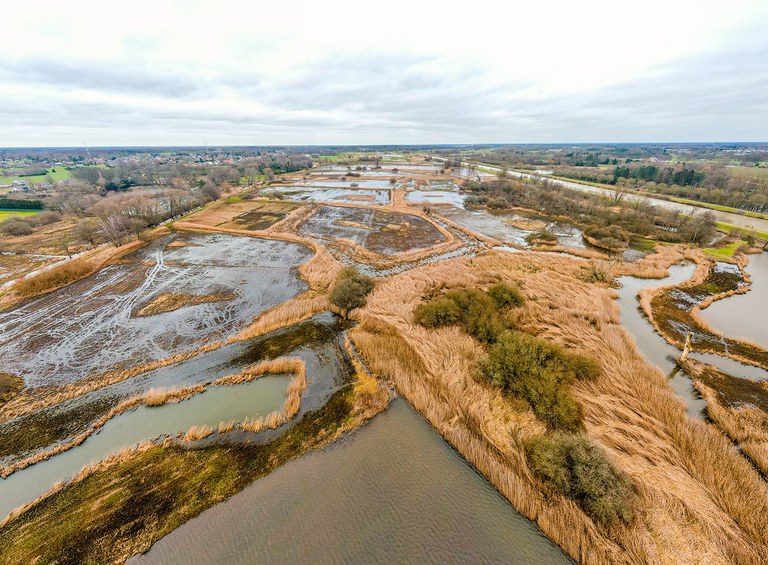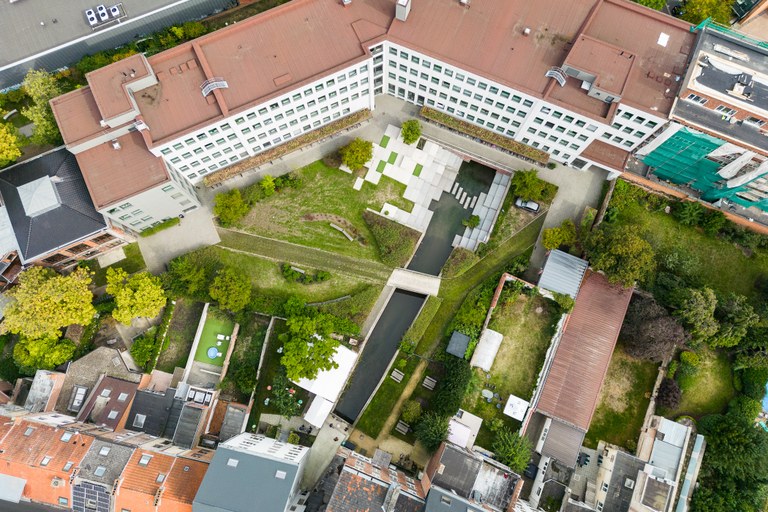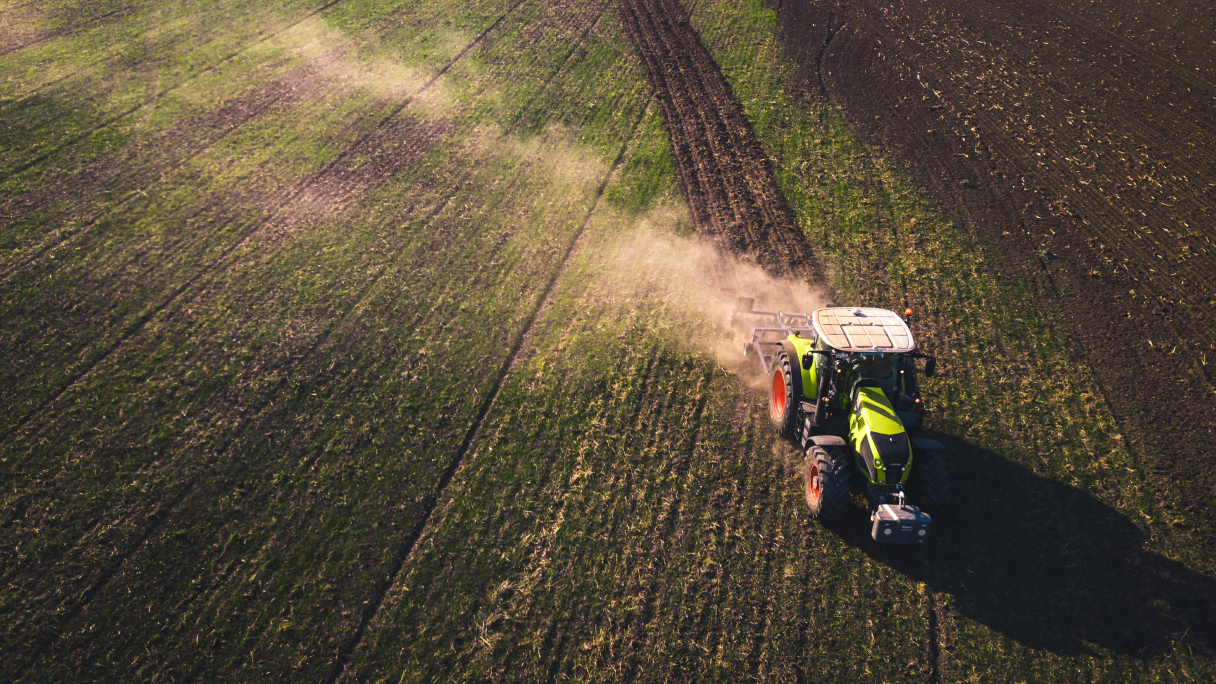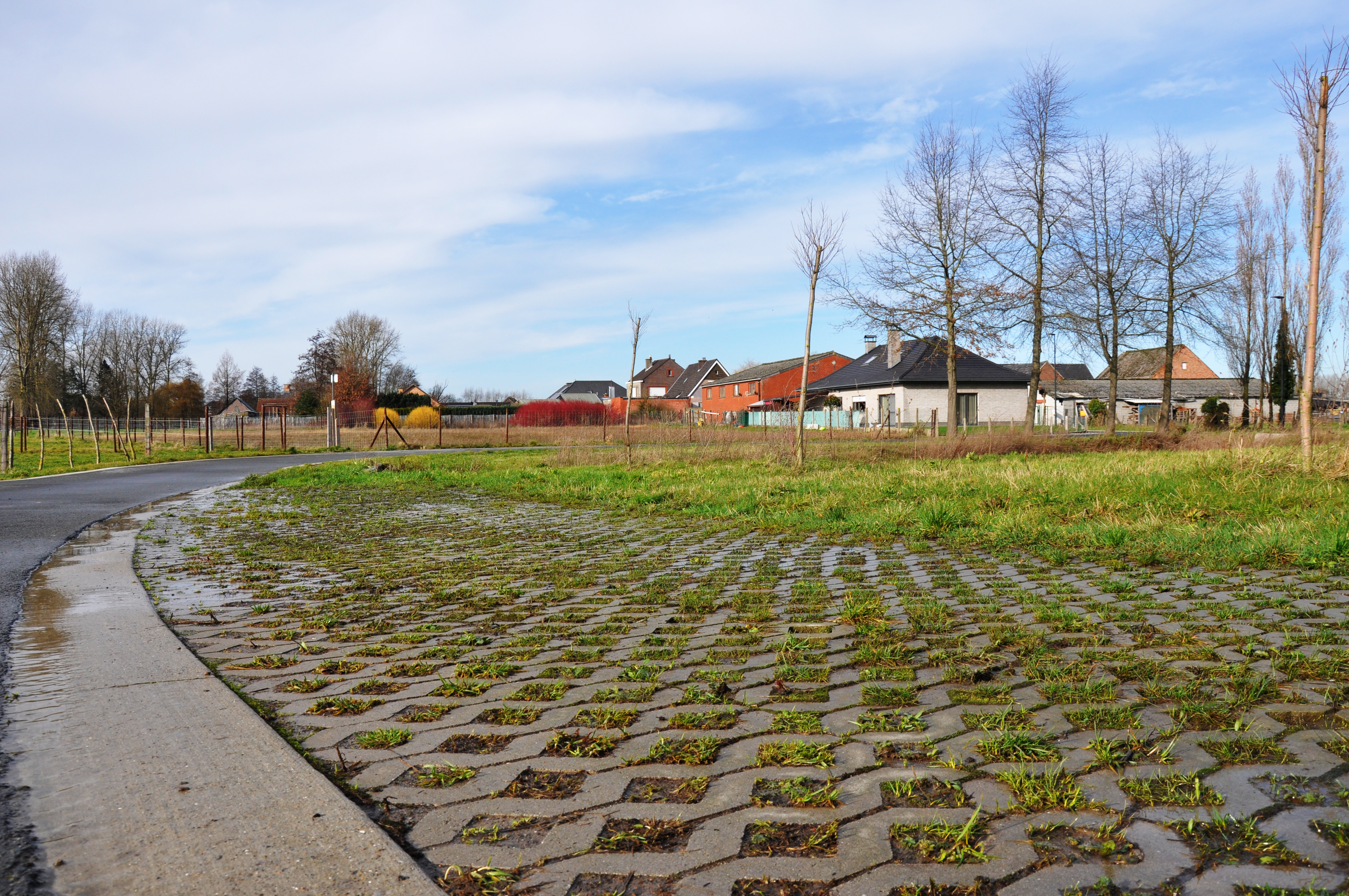About Blue Deal
An ambitious plan to combat water scarcity and drought through collaboration.
Working together to tackle water scarcity and drought? Deal!
Among all European regions, Flanders tops the list in terms of water scarcity and drought risks. Several factors play a part in this.
A large population inhabiting a small area and water-intensive sectors in agriculture and industry lead to high water consumption. If it rains today, the majority of the water runs into the sewer system and disappears into the sea. Excessive paving in urban areas is no help in replenishing water resources. Instead, it only serves to drain the rainwater away quickly, preventing it from soaking into the soil. Canals and drainage pipes also contribute to rapid water runoff. Climate change is also causing longer periods of drought alternating with heavy rainfall. We are unable to sufficiently capture and retain that rainwater adequately. These factors make us vulnerable to water scarcity and drought.
Blue Deal: an ambitious programme
To tackle water scarcity and drought, the Government of Flanders launched the Blue Deal. The Blue Deal is an ambitious programme that tackles water scarcity and drought in the field through a multitude of campaigns.
Rather than focusing on the causes, the Blue Deal aims to develop structural solutions. We will do this by collaborating on several fronts. Not only with a spade in the ground, but also through legislation, with research, monitoring, communication and awareness raising.

A shift in water management
First and foremost, the Blue Deal aims to encourage a mindset shift: we need a new approach to water management. Retaining water locally wherever possible. Use less water, reuse more water and tackle wasteful consumption. Often, the potential to preserve water is rather straightforward.
Wetter winters and drier summers are looming. We are aware of this. We are bearing witness to climate change, and it is irreversible. The Blue Deal is committed to taking action today that we will not regret in the future.
The Blue Deal focusses on concrete results
The Government of Flanders is investing in smart projects and actions in the field with the Blue Deal. Its approach is one based on collaboration. It encourages and supports governments, companies, associations, farmers, knowledge institutions and citizens to work together to infiltrate more water, to retain water longer upstream or to use water more economically, so that more water remains available.

Initiatives today ...
- investments in the field for increased green-blue infrastructure along waterways, wetland restoration, reduced leakage losses at locks and in the water supply network, increased collection and reuse of rainwater, ... The Blue Deal provides also financial support for investments by companies, farmers, local governments, sector organisations, knowledge institutions, associations, ... through various project calls and subsidy channels.
- improved regulation and implementation by removing regulatory thresholds that hinder water reuse, improving policy instruments such as local rainwater and drought plans, water audits or a more climate resilient water test, a stricter enforcement, and new regulations or frameworks, for example for water level management.
- innovation, research and monitoring, including innovation and research for water conservation, reduction of leakage losses, more circular water use and decentralised water supply; but also monitoring of water use e.g. flow measurement systems, notification desk for water losses from waterways, ...
communication and awareness-raising to inform, sensitise and encourage action by individuals, schools, associations, companies, local authorities and other specific target groups.

The Blue Deal supports initiatives by companies, associations, farmers, knowledge institutions, local authorities and citizens.
... and the results?
Today we are working hard on the water management of tomorrow. Tangible and concrete results will only become visible in the near future. Think of the Blue Deal as running a marathon: a lot of time goes into preparation, the road is challenging, but the satisfaction at the finish line is great. Start, persevere and carry on - that is the message.
With the Blue Deal, we are helping to change the way we manage water. Various initiatives are starting in many places and we need to accelerate these. By taking concrete action now with various parties, we can prevent drought and water scarcity in the longer term. The initiatives we take, however, can already make a difference locally in the short term.
Who is involved in the Blue Deal?
The work of the Blue Deal is carried out by companies, associations, farmers, knowledge institutions, local authorities and citizens joining forces to launch projects that help prevent water scarcity and drought. Also the Government of Flanders is taking action within its area of responsibility. A High Level Task Force of ministers, governors, policymakers and scientists monitors the progress of the programme. This task force is headed by Flemish Minister of Environment Zuhal Demir. Official guidance is provided by the Coordination Committee on Integrated Water Policy. An Overarching Programme Management Board was established by the committee for this purpose, headed by the General Programme Coordinator, Krista Decat and supported by a multidisciplinary consortium.

Where will the resources come from?
The Blue Deal's initiatives will receive additional support through the European Recovery Plan of the Facility for Recovery and Resilience and the Flemish Recovery Plan ‘Flemish Resilience'. Thirteen Blue Deal investment projects form part of the Flemish Resilience recovery plan, for a total budget of 343 million euros. The funds are directed to investments by the Government of Flanders and to supporting local initiatives.
All photographs on this page — © VMM